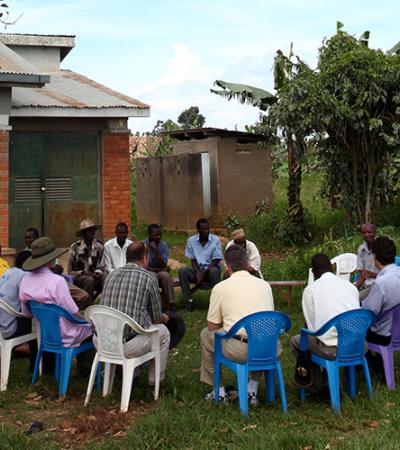Analytic Iteration in Field Research

Lecture by Diana Kapiszewski
Provost's Distinguished Associate Professor
Department of Government, Georgetown University
Analytic iteration – cycling among collecting data, analyzing data, and refining critical aspects of research design – is central to all types of fieldwork-based empirical inquiry in social science, from field experiments to ethnography, and across the epistemological spectrum.
Drawing on an original survey and more than 60 interviews with political science faculty, Kapiszewski – in a paper co-authored with Lauren M. MacLean and Benjamin L. Read – challenges disciplinary norms that suggest the research process should be highly linear, and demonstrates how analytic iteration enhances the rigor of fieldwork. Fieldwork-based research often examines areas for which theory or empirical knowledge is underdeveloped, and requires reacting as the research environment evolves, making in-course research redesign necessary for fieldwork to contribute to our understanding of politics. In particular, iteration offers significant inferential benefits such as guarding against confirmation bias. This revaluation of iteration has significant implications for preparing for, conducting, and evaluating fieldwork, and for broader disciplinary norms and institutions.





